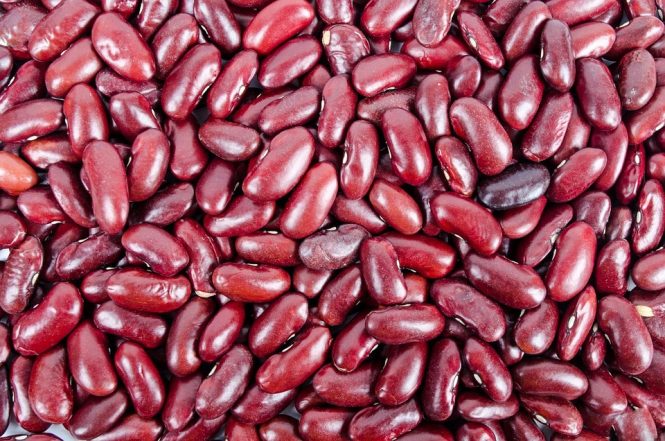
Rethink Your Plate: How a Balanced Diet Can Help Slow Kidney Disease Progression
For individuals living with kidney disease, managing the condition can be a daunting task. While there is no cure, research has shown that a balanced diet can play a significant role in slowing the progression of kidney disease. By rethinking your plate and making informed food choices, you can take control of your health and improve your overall well-being.
Understanding Kidney Disease
Kidney disease, also known as chronic kidney disease (CKD), occurs when the kidneys are damaged and cannot filter waste and excess fluids from the blood effectively. This can lead to a range of complications, including high blood pressure, anemia, and bone disease. If left unmanaged, CKD can progress to end-stage renal disease (ESRD), requiring dialysis or a kidney transplant.
The Importance of Diet in Kidney Disease Management
Diet plays a crucial role in managing kidney disease. A balanced diet can help slow the progression of CKD by reducing the amount of waste and excess fluids that the kidneys need to filter. This can be achieved by limiting certain nutrients and foods that can put a strain on the kidneys, such as:
- Protein: High protein intake can increase the amount of waste that the kidneys need to filter, putting additional strain on the organs. It is recommended that individuals with CKD limit their protein intake to 0.8-1 gram per kilogram of body weight per day.
- Sodium: Excessive sodium consumption can increase blood pressure, which can further damage the kidneys. The American Heart Association recommends limiting sodium intake to less than 2,300 milligrams per day.
- Phosphorus: Phosphorus is a mineral that can build up in the blood when the kidneys are not functioning properly. High phosphorus levels can lead to bone disease and other complications. Individuals with CKD should limit their phosphorus intake to 800-1,000 milligrams per day.
- Potassium: Potassium is an essential mineral, but high levels can be toxic to individuals with CKD. It is recommended that individuals with CKD limit their potassium intake to 2,000-3,000 milligrams per day.
Foods to Eat and Avoid
In addition to limiting certain nutrients, there are several foods that can help or harm individuals with kidney disease. Here are some foods to eat and avoid:
- Foods to eat:
- Fresh fruits and vegetables, such as berries, citrus fruits, and leafy greens
- Whole grains, such as brown rice, quinoa, and whole wheat bread
- Lean protein sources, such as chicken, fish, and tofu
- Low-fat dairy products, such as milk, cheese, and yogurt
- Foods to avoid:
- Processed meats, such as hot dogs, sausages, and bacon
- Foods high in sodium, such as canned soups, frozen meals, and snack foods
- Foods high in phosphorus, such as cola, processed cheese, and chocolate
- Foods high in potassium, such as bananas, avocados, and spinach
Tips for Rethinking Your Plate
Making dietary changes can be challenging, but there are several tips that can help you rethink your plate and make healthier food choices:
- Keep a food diary: Tracking your food intake can help you identify areas for improvement and make informed decisions about your diet.
- Consult a registered dietitian: A registered dietitian can provide personalized guidance and support to help you develop a healthy eating plan.
- Shop smart: Choose whole, unprocessed foods whenever possible, and limit your intake of packaged and processed foods.
- Cook at home: Cooking at home allows you to control the ingredients and portion sizes of your meals, making it easier to make healthy choices.
Conclusion
While kidney disease can be a challenging condition to manage, a balanced diet can play a significant role in slowing its progression. By rethinking your plate and making informed food choices, you can take control of your health and improve your overall well-being. Remember to limit your intake of protein, sodium, phosphorus, and potassium, and focus on whole, unprocessed foods. With the right guidance and support, you can develop a healthy eating plan that helps you manage your kidney disease and live a healthier, happier life.